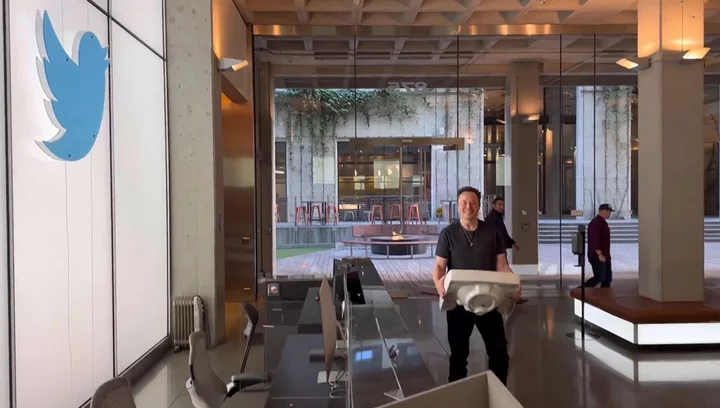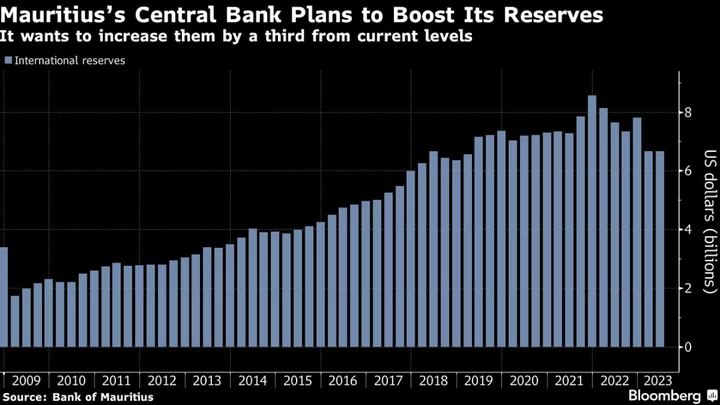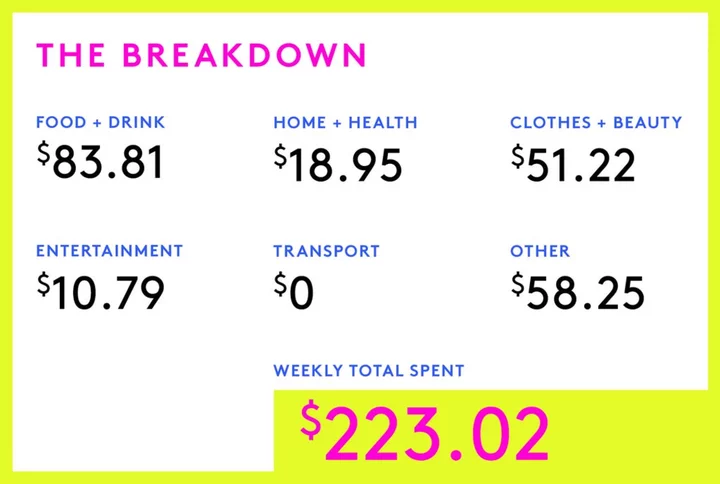It's Oct. 27, 2023: Exactly one year after Elon Musk took over Twitter.
Much has changed. For one, the platform isn't even called Twitter anymore. Musk changed the name to "X." Mashable's Chris Taylor just published a piece looking at some of Musk's biggest decisions that altered the course of the company.
In this piece, however, we're going to focus strictly on numbers and the astounding effects of Musk's decisions – and it's not looking too good.
The most striking of X's plunging metrics is its daily active user count, a figure that the company has historically focused on to signal growth. In November 2022, around a month after his acquisition, Musk boasted that the platform was growing from more than 254 million daily active users before his takeover to nearly 260 million a month later.
However, during an interview at a tech conference last month, X CEO Linda Yaccarino shared that the platform currently has 245 million daily active users per month, a loss of roughly 3.7 percent.
New data from X paints a bleak picture
In a series of slides that Musk posted last November, he promoted other platform metrics like "new user sign-ups" and "active minutes." According to the slide, the platform, then still known as Twitter, was pulling in an average of two million new user sign-ups per day. In addition, Musk claimed then that users spend eight billion active minutes on the platform.
However, in a new blog post from Yaccarino commemorating the one year anniversary of Musk's take over, the company's data shows drops in those metrics too. According to the post, new daily sign ups are at 1.5 million and active minutes spent on the platform has dropped to 7.8 billion. That's a drop of 500,000 daily sign-ups and 200 million active minutes.
Using data from mobile analytics firm Sensor Tower, the Wall Street Journal also found that X is the only major social media platform to experience a loss in daily active mobile users over the past year. Usage has dropped by 16 percent over the past 11 months.
Furthermore, when it comes to X's mobile apps, downloads are down, too. But the overall picture here is a much more interesting story. Musk's takeover actually did provide a bump in downloads of X's mobile app for three straight quarters when compared to before the acquisition. However, in the most recent quarter, which includes the period in which Musk changed the name from Twitter to X, mobile app downloads drastically decreased by 38 percent – the platform's lowest app download numbers since 2019.
And it's not just a mobile decline either. According to the web analytics firm SimilarWeb, traffic to X's website is down by 14 percent when compared to last year.
Ad revenue isn't looking good either
None of these numbers compare to the decline in X's advertising revenue, however. Musk has struggled to keep advertisers around since the earliest days of his leadership. In his first weeks at the helm, half of the company's biggest advertisers stopped running ads on the platform due to Musk's content moderation decisions and his questionable antics. A report from Reuters earlier this month found that advertising revenue at Musk's company declined every single month since the takeover. Over a 10 month period ending in August, Twitter's overall revenue was down by a whopping 60 percent.
One metric where the company did grow was in X Premium subscribers. However, there's more to that, which doesn't paint such a rosy picture. When Elon Musk took over the platform, the subscription service, then known as Twitter Blue, wasn't really a focus of the company. It was treated more like an experiment and had tens of thousands of paying users. Today, with Musk and company depending on X Premium to make-up for billions of dollars in lost ad revenue, third-party estimates say it's pulling in nowhere near that.
In August, Mashable reported on data collected by Travis Brown, an independent researcher that tracks X Premium subscriptions, which found that there were just under one million subscribers. Today, it seems likely there are around 1 million X Premium subscribers in total paying the company $8 per month. But, those totals are far and away from the billions of dollars that X needed to make up from advertisers that left. Compared to Snapchat, a social media competitor who also launched its own paid subscription service last year around the same time as X, Musk's platform isn't looking so good. Snapchat recently announced it had signed up 5 million paying users for its subscription service in just around 12 months.
While things aren't looking great for X, it's still chugging along. For now. Musk paid $44 billion for the company and he overpaid by a lot. He's also shared multiple times that the company has yet to become cash-flow positive. And investors are going to see some sort of return on investment at some point. How much longer can Musk's X keep chugging along? We'll probably soon find out.









